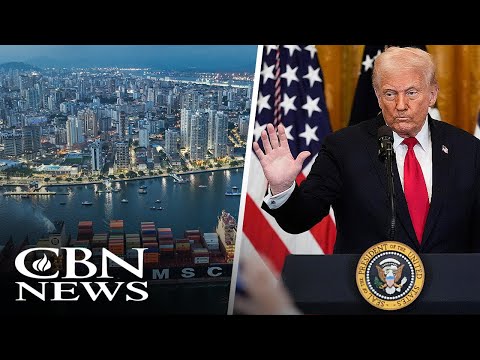In recent months, an important economic shift has been announced by the president, marking what is called “Liberation Day.” This development centers on imposing tariffs aimed at correcting trade imbalances, revitalizing domestic manufacturing, and eventually reducing prices for American consumers. The president believes that these tariffs will level the playing field with countries that impose tariffs on U.S. goods. Many are hopeful that this approach can rebuild the nation’s manufacturing backbone, which has waned over the years.
The announcement has stirred up a mix of optimism and concern among different segments of the population. Some experts believe these tariffs could bring about positive changes, encouraging American businesses to create products at home rather than relying on foreign imports. This aligns with the values of self-reliance and stewardship often emphasized in evangelical teachings. Supporting local industries not only fosters economic growth but also creates jobs that can help families thrive in a way that glorifies God through hard work and responsibility.
However, not all reactions to the tariffs have been positive. Critics warn of rising consumer costs as a result of these measures, with fears that prices for everyday goods, like canned foods, may increase due to additional charges on imported materials such as tin. Doubts also arise about the potential disruption of long-standing supply chains that have been built over decades. This uncertainty can lead to anxiety among consumers and investors alike, damaging the economic stability many families rely upon.
Faith leaders and evangelical communities are uniquely positioned to respond to this economic situation. They could encourage their congregations to stay informed and to pray for wisdom for the nation’s leaders as they navigate these challenging decisions. The Bible teaches believers to trust in God’s provisions, and in times of economic uncertainty, faith communities can play a vital role in supporting each other. They can emphasize godly stewardship, urging families to budget wisely and prepare for possible changes without panic.
Moreover, it’s important for evangelical voices to advocate for balanced economic policies that do not adversely affect the most vulnerable among us. While the goal of reinvigorating domestic manufacturing is commendable, the concern remains that tariffs may lead to a heavier burden on low-income families. Churches and community organizations might consider offering assistance programs to help individuals manage any short-term financial strain brought on by these changes.
Ultimately, the unfolding situation around trade policy raises significant moral and ethical questions for the faithful. As discussions continue, many in the evangelical community are called to reflect on how these economic changes align with their values of love, generosity, and community support. With God’s guidance, believers can approach this turbulent moment in history with hope and a commitment to uphold justice and kindness in all economic dealings.



